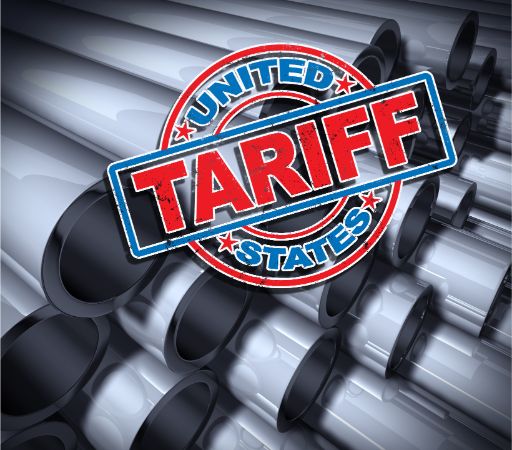Tensions Surge in the Taiwan Strait: Implications for the Asia-Pacific Region
As military drills escalate, fears of a confrontation between China and Taiwan grow, prompting reactions from Japan and the Philippines. What lies ahead for regional security?
The simmering tensions between China and Taiwan have reached a critical point, with China recently launching extensive military drills in the waters and airspace surrounding Taiwan. This move has ignited fears of a potential military confrontation that could have significant implications for the entire Asia-Pacific region. This article explores the current situation, the responses from neighboring countries, and the broader geopolitical ramifications.
Military Escalation: China's Drills and Taiwan's Response
In the past 36 hours, China has conducted large-scale military exercises, deploying 71 aircraft and 19 warships, including the Shandong aircraft carrier group, around Taiwan. These drills, described by Beijing as preparations for a possible blockade of the self-ruled island, represent the most significant military buildup since May 2022. In response, Taiwan has dispatched its own aircraft and ships while putting land-based missile systems on alert. President Lai Ching-te has directed national defense units to prepare for any potential threats, reinforcing Taiwan's commitment to defending its sovereignty.
The increased tensions are partly attributed to President Lai's more vocal stance on Taiwan's sovereignty compared to his predecessor, Tsai Ing-wen. China's response has included inflammatory rhetoric, with officials claiming that Taiwan's independence would lead to war. The Chinese military has also released propaganda videos depicting Taiwan's leadership in a negative light, further escalating the situation.
Regional Reactions: The Philippines and Japan Prepare for Contingencies
The Philippines has expressed concern over the situation, with military officials stating that the country would inevitably be involved should Taiwan be invaded. The Philippine military chief has urged troops to adopt a wartime mentality in anticipation of potential conflict.
Meanwhile, Japan, which has geographical proximity to Taiwan, has taken precautionary measures by announcing an emergency evacuation plan for 120,000 residents on islands near Taiwan. This proactive strategy highlights Japan's recognition of the potential fallout from a conflict in the Taiwan Strait.
The United States, which maintains a network of alliances in the region, remains a critical player in this dynamic. U.S. Defense Secretary Lloyd Austin has reaffirmed America's commitment to addressing China's aggression and ensuring regional security. The U.S. is legally obligated to treat threats to Taiwan as a serious issue, indicating that any conflict could draw in American military support.
A Standoff with Global Implications
As China displays increasing military assertiveness and the U.S. reinforces its support for Taiwan, the risk of confrontation looms larger. The situation is further complicated by the broader geopolitical landscape, with both China and the U.S. aiming to assert their influence in the Indo-Pacific.
Experts warn that the ongoing military activities and heightened rhetoric could lead to miscalculations, with unintended consequences that might destabilize not only East Asia but also global security. The potential for a showdown in the Taiwan Strait underscores the need for diplomatic efforts to de-escalate tensions and avert conflict.
Conclusion
As the situation in the Taiwan Strait continues to evolve, the international community must remain vigilant. With China ramping up military exercises and neighboring countries preparing for possible conflict, the stakes are higher than ever. A misstep could result in a confrontation that impacts not just the Asia-Pacific region but also global stability. The coming days and weeks will be crucial in determining the trajectory of these tensions and the potential for a peaceful resolution.
Stay updated on this developing story and its implications for regional and global affairs.
What's Your Reaction?















